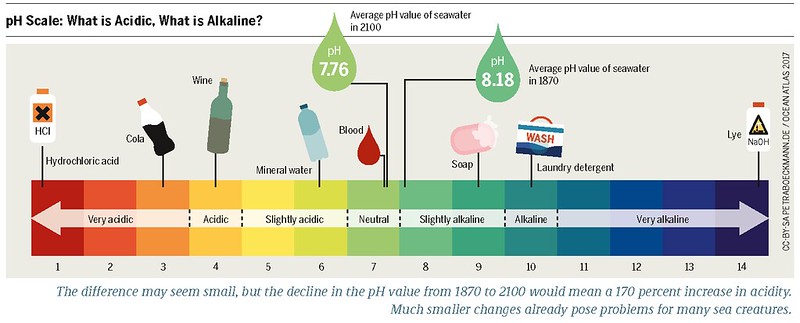The pH of tap water in Cape Coral, USA, is slightly alkaline, ranging between 7.5 and 8.2. This is due to the treatment process used by the City’s Reverse Osmosis (RO) Plant, which maintains a positive Langelier Index (LI) value, indicating that the water is non-corrosive. However, Cape Coral’s tap water also contains several contaminants, including arsenic, dichloroethylene, tribufos, trichloroethylene, vanadium, vinyl chloride, and xylenes (total), some of which exceed health guidelines.
Understanding the pH of Cape Coral’s Tap Water
The pH of water is a measure of its acidity or alkalinity, with a scale ranging from 0 to 14. A pH of 7 is considered neutral, while values below 7 are acidic and values above 7 are alkaline. The pH of tap water in Cape Coral, USA, is slightly alkaline, typically falling between 7.5 and 8.2.
This alkaline pH is a result of the water treatment process used by the City’s Reverse Osmosis (RO) Plant. The RO process removes a significant amount of dissolved minerals and contaminants from the water, which can affect its pH. To maintain a positive Langelier Index (LI) value, the plant adjusts the pH to ensure the water is non-corrosive and does not cause damage to the distribution system.
Contaminants in Cape Coral’s Tap Water
While Cape Coral’s tap water complies with federal health-based drinking water standards, it does contain several contaminants that are worth noting. These include:
- Arsenic: Arsenic is a known carcinogen and is present in Cape Coral’s tap water at 1.35 parts per billion (ppb), which is 338 times higher than the Environmental Working Group’s (EWG) health guideline of 0.004 ppb.
- Dichloroethylene: This volatile organic compound (VOC) is present in the water at levels that exceed the EWG’s health guideline.
- Tribufos, Trichloroethylene, Vanadium, Vinyl Chloride, and Xylenes (total): These contaminants are also present in Cape Coral’s tap water, with some exceeding health guidelines.
Addressing the pH and Contaminants
To balance the pH and remove the contaminants found in Cape Coral’s tap water, several filtration methods can be employed:
Activated Carbon Filters
Activated carbon filters can reduce bacteria, VOCs, Giardia Cyst, Crypto Sporidium, dyes, some PFA’s, taste and odor, lead, and mercury. However, they cannot remove viruses, bacteria, and heavy metals.
Reverse Osmosis (RO) Filters
Reverse osmosis filters can remove all contaminants removed by activated carbon filters, plus arsenic, lead, chromium, endocrine disruptors, nitrates, pesticides, herbicides, heavy metal ions, radioactive ions, micro-plastics, and PFAs.
TDSBot Monitoring
To ensure the quality of the water, a TDSBot can be installed on Reverse Osmosis water filter systems to monitor and provide incoming and outgoing TDS levels, temperature, flow rate, and cumulated volume of water filtered.
Home Remedies for pH Adjustment
For those who prefer home remedies, adding a few drops of lemon juice or vinegar to water can help balance its pH and improve its taste.
Conclusion
The pH of tap water in Cape Coral, USA, is slightly alkaline, ranging between 7.5 and 8.2. This is due to the water treatment process used by the City’s Reverse Osmosis (RO) Plant. While the water complies with federal health-based drinking water standards, it does contain several contaminants, including arsenic, which exceeds health guidelines. To address the pH and remove these contaminants, various filtration methods, such as activated carbon and reverse osmosis filters, can be employed. Additionally, home remedies like adding lemon juice or vinegar can help balance the pH and improve the taste of the water.

